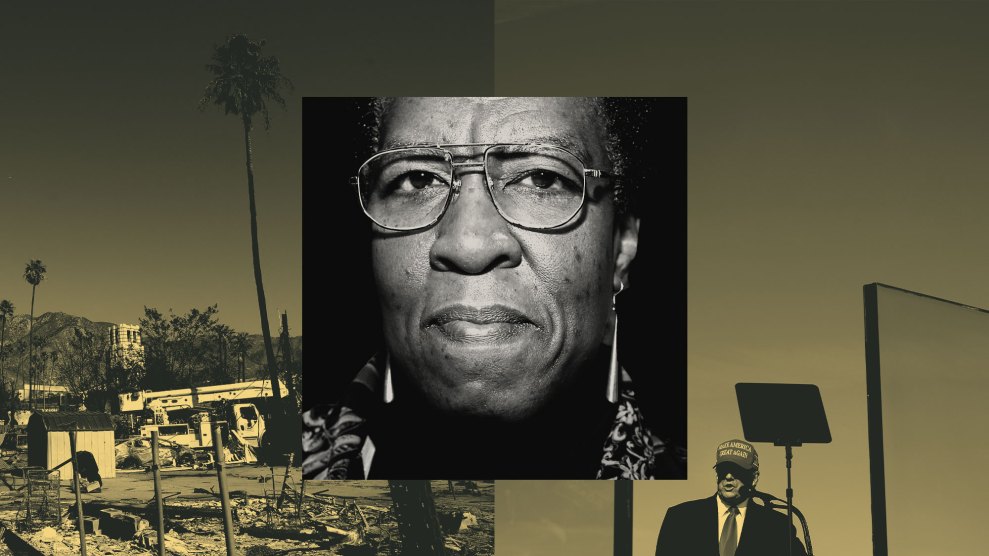It’s a first of its kind likely to get lost amid the current and overdue clamor on climate change, but it’s important nonetheless. In the summer of 2001 a Princess Cruise Lines vessel, the Dawn Princess, ran into a pregnant female humpback whale in Glacier Bay, Alaska, killing the whale well-known to researchers as Whale #68, nicknamed Snow. Snow had summered in Glacier Bay for at least the past 25 years, enjoying the safety afforded her under the
Endangered Species Act and the Marine Mammal Protection Act. That is, until a skipper or mate on the bridge of the Dawn Princess broke the law. As The Morning Report, a compilation of daily incident reports from the National Park Service, describes:
On Monday, January 29th, Princess Cruise Lines pled guilty in U.S. District Court in Anchorage to a charge of knowingly failing to operate its vessel, the Dawn Princess, at a slow, safe speed in the summer of 2001 while near two humpback whales in the area of Glacier Bay National Park. The bloated carcass of a pregnant whale was found four days after the Princess ship sailed through the park. It had died of massive blunt trauma injuries to the right side of the head, including a fractured skull, eye socket and cervical vertebrae, all consistent with a vessel collision. The whale was identified from fluke markings as “Whale #68,” which had been sighted many times in the past and was known to have frequented the area for at least 25 years. Pursuant to a plea agreement, Princess was sentenced to pay a $200,000 fine and to contribute $550,000 to the National Park Foundation as a form of community service. The funding will support marine mammal research in the park. In this first-of-its-kind prosecution, prosecutors from the U.S. Attorney’s Office and the Environmental Crimes Section of the Department of Justice, along with special agents and investigators from the National Park Service and National Oceanic and Atmospheric Administration, engaged in a thorough and detailed investigation, often with the assistance and cooperation of Princess. “As well as being a majestic and endangered species, the humpback whale is also a public symbol of Glacier Bay,” said superintendent Tomie Lee. “Protection of these resources is of paramount importance to us. So when we began to hear witness reports of a cruise-ship colliding with a whale, then learned that this particular whale, whom researchers had first identified in 1975 and nicknamed ‘Snow’ because of her fluke markings, died of injuries consistent with a ship-strike, we began a dialogue with Princess and the U.S. Attorney’s Office, and proceeded diligently with our investigation, so we could be sure to get things right. While these kinds of criminal convictions can result in a loss of federal contracts to service visitors in a national park, in this case we feel Princess has stepped up and made significant, voluntary operational changes that protect whales and the marine environment. We are pleased that this incident is behind us and that they will continue to offer cruises in Glacier Bay.” The unlawful taking (killing) of humpback whales is prohibited by both the Endangered Species Act and the Marine Mammal Protection Act. The “slow, safe speed” regulation, under which this case was charged, was implemented in 2001 to support the “anti-taking” provisions of the two laws. Thus, a knowing failure to maintain a “slow, safe speed” when near humpback whales constitutes a violation of the Endangered Species Act and Marine Mammal Protection Act and carries the identical penalties of the taking violation. Such conduct is a federal Class A misdemeanor violation of law, punishable (for a corporation) by a fine of up to $200,000, restitution in an amount to be determined by the court, and up to five years probation (a person who violates this law is also subject to imprisonment for up to one year).
















